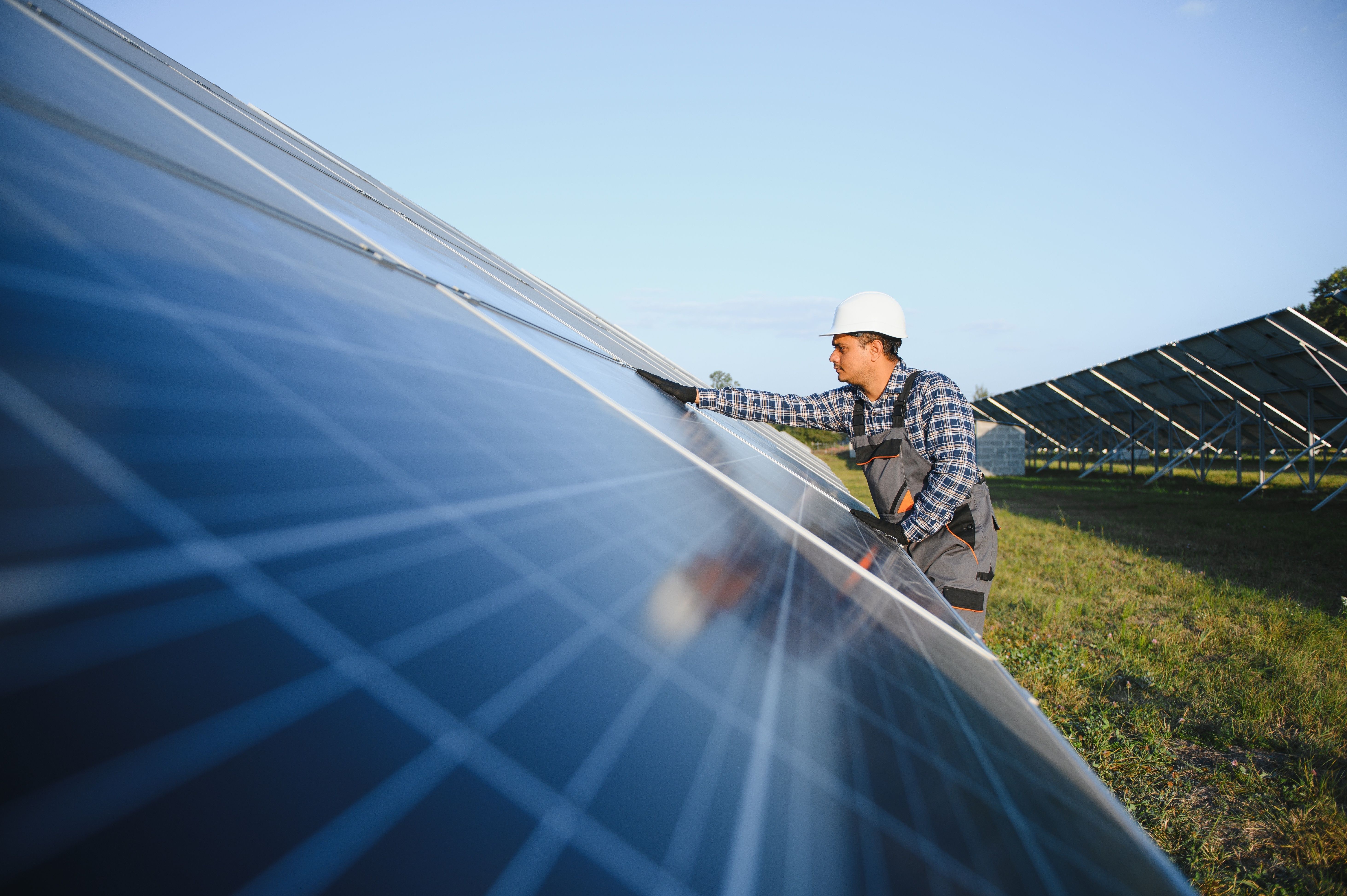Leaders from the Lower Mekong Basin — Cambodia, Laos, Thailand and Vietnam — have called for new investment of “basin-wide significance” to respond to climate change and support planning in non-water sectors such as renewable energy and transport.
The call, following the fourth Mekong River Commission (MRC) Summit in Vientiane on April 5, was accompanied by three Chinese proposals for greater cooperation with the Upper Basin countries of China and Myanmar.
In a joint declaration adopted at the quadrennial summit (delayed from last year amid the Covid pandemic), leaders describe a “growing sense of urgency around the critical challenges, risks and opportunities” facing the Mekong.
“Optimal water management to achieve a water-secure Mekong River Basin is crucial to environmental integrity and the underpinning of economic and social well‐being,” it says. “New ideas and innovative ways of working together will also need to be found to adequately address the growing risks and trade-offs involved in basin development and management.”
The declaration acknowledges “adverse impacts” arising from economic development and water use, “including transboundary impacts that need to be jointly addressed”, especially when exacerbated by climate change.
Alternative investment solutions
Challenges have become “much more complex”, according to the document, which calls for “alternative investment solutions” that take into account the links between different sectors to “move beyond water resources planning to encompass operational management”.
The declaration stresses the need for “investment projects that contribute to water, food and energy security”, adding that project identification is the first of seven priority action areas for the four countries.
Whether regional or national, such investments should “increase synergies and reduce vulnerabilities” and “provide a comprehensive response to climate change, including through infrastructure and nature-based water storage options, environmental limits and improved sediment management”.
Investments should also support regional planning in sectors beyond water “such as non-water-related and renewable energy generation, regional grid connection and upgrade, power market development and trade, and multimodal transport hubs”.
Among other priorities, the declaration calls for a “multiple stakeholder platform” for the entire basin in partnership with China and Myanmar, including activities with the private sector and other stakeholders.
Increasingly severe impact on Vietnam
Referring to the negative effects of economic development and water use, Vietnamese Prime Minister Pham Minh Chinh says: “Adverse impacts are becoming increasingly severe in the lower Mekong regions, especially in the Mekong Delta in Vietnam.
“Between 2010 and 2020, the total flow in the basin decreased by 4-8% while countries in the basin increased their water use in the Mekong by 5-12%,” he tells the summit. “The delta often faces severe droughts, while saline intrusion tends to occur 1-1.5 months earlier with a greater scope and intensity.”
Chinh also alludes to the adverse impacts of upstream hydropower development in Laos and China, referring to “unsustainable development projects upstream”.
Amid such activities and climate change, he says the delta is projected to receive less than five million tonnes of sediment a year by 2040 – about a tenth of the current level and a 30th of the volume 15 years ago.
Need for innovation
“This alarming reality requires us to have an innovation mindset and take breakthrough steps to meet today's urgent requirements,” the Vietnamese prime minister says.
His remarks were echoed by Lao Prime Minister Sonexay Siphandone and Cambodian Prime Minister Hun Sen.
“It is essential to find innovative ways and means in line with the needs of our region in order to optimize the benefits from development while minimizing impacts on environment and vulnerable communities,” Sonexay says.
Hun Sen, meanwhile, called for “innovation in technique and technology through collaboration” to achieve development goals and improve Mekong management. “We must avoid overusing the basin’s resources, which could lead to their permanent loss,” he says.
Surasri Kidtimonton, the head of the Thai Natural Resources Office who represented Prime Minister Prayut Chan-o-cha, made similar remarks. “Innovation and technology must be utilized to find alternative development options,” Surasri says.
Chinese proposals
China – like Myanmar, a "dialogue partner” of the MRC – made three proposals to the summit for regional development and prosperity, a closer community of six countries, and better cooperation in the field of water resource.
Water Resources Minister Li Guoying says the six countries – the same ones that form the Greater Mekong Subregion initiative of the Asian Development Bank (ADB) – should “adapt to the profoundly changing international landscape” and “address complex and changing security challenges with a win-win approach”.
He also calls for a “stronger and more resilient Lancang-Mekong economic belt”, using the Chinese name of Southeast Asia’s largest river.









